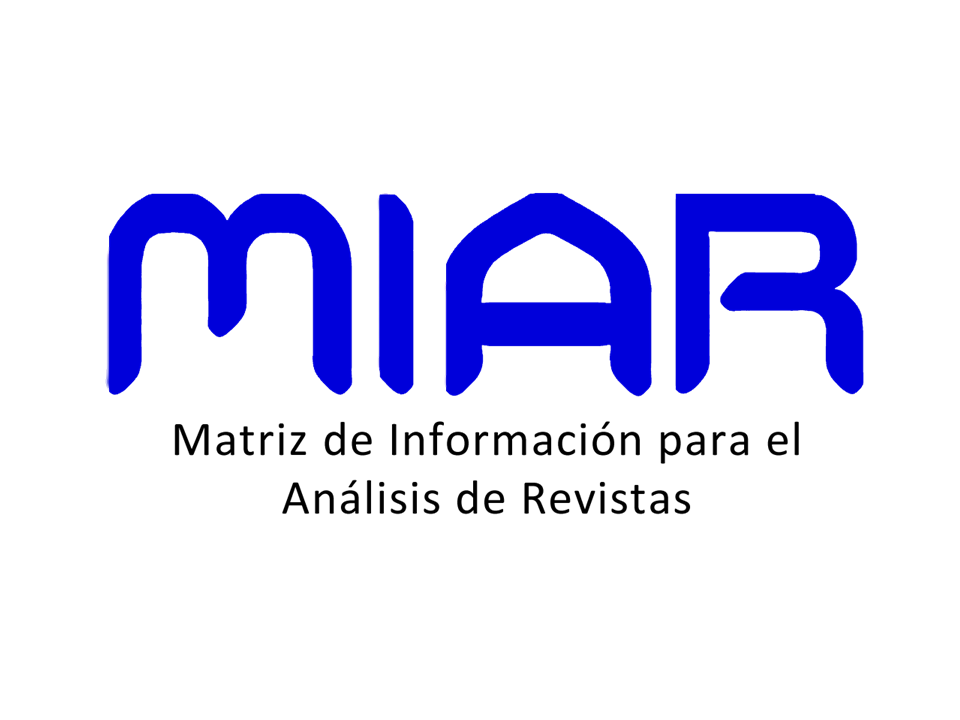PROFICIÊNCIA, CONTROLE EXECUTIVO E TIPOLOGIA DAS LÍNGUAS E SEUS EFEITOS SOBRE O ACESSO LEXICAL EM BI/MULTILÍNGUES
DOI:
https://doi.org/10.22478/ufpb.1983-9979.2021v16n2.58787Keywords:
Acesso lexical, Tipos de línguas, Controle Executivo, Bilinguismo, ProficiênciaAbstract
This work proposes a discussion about the influence of the proficiency level, the typology of languages and the executive control over the lexical access in bi/multilingual subjects. Initially we deal with the understanding of bilingualism from a perspective of interaction in different contexts and characteristics of languages, uinder which the element of proficiency is interwoven. Then, mainly Dijkstra (2005), Davis (2006), Mounthon (2019) and Kroll and Bialystok (2013) we talked about lexical access and word recognition by bilinguals , also considering the aspects that influence lexical access from the perspective of the interaction between languages as components of the linguistic system. Throuhgout the discussion we present evidence from studies with the main objective of answering what are the effects of proficiency, degree of similarity between languages and the role of the central executive, under the understanding that languages compete with each other to access words with the communicational objective. Therefore, we seek to contribute to studies that address lexical access in bi/multilingualism from the theoretical perspective of neuropsycholinguistics










